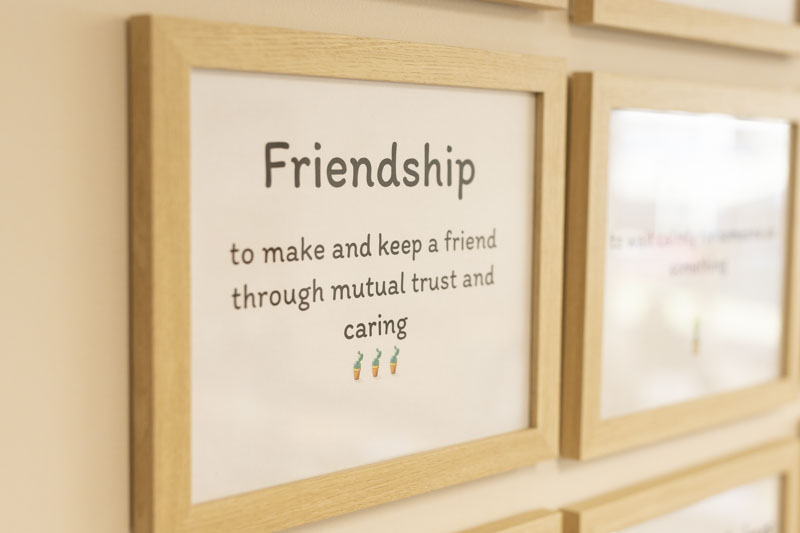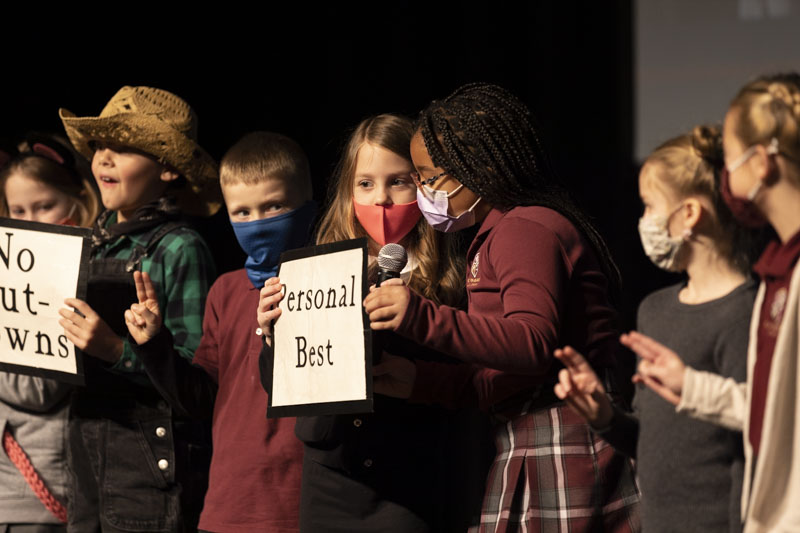Lower School Newsletter
Dear CBA Families,
We have finished six weeks of this third quarter. The winter months are always exciting with the chance of having a snow day, which we got to experience this quarter. I think some of us are looking forward to those spring days just around the corner.
As I think about all the LIFESKILLS we have focused on these past few weeks, it reminds me of who we are at Clayton-Bradley Academy. We are always striving to improve in these skills. We want to become better students and citizens in our community. Some of the skills we have focused on were caring, common sense, cooperation, courage, creativity, and curiosity. All of these LIFESKILLS can be impactful for your children to be successful.
The LIFESKILLS we teach, model, target talk, and assess help develop the appropriate and expected behaviors in the classrooms. As students join CBA, not all the students have been taught our five Lifelong Guidelines and nineteen LIFESKILLS. As teachers, counselors, and administrators, we must help children understand, develop, and adopt these skills. All of these skills are displayed throughout our campus.

The students who learn and live our LIFESKILLS are more successful, both in school and in the community. We all have expectations for the appropriate behavior in the classrooms and on our campus.
When a student misbehaves we use the model of Restorative Practices. Restorative practices empower the students to learn from unacceptable choices, to understand their impact, and to grow personally in their decision-making and problem-solving skills. We also believe the traditional way of disciplining is not as effective today.
When a student does not make a good choice concerning their behavior, the teacher may remind, redirect, or even relocate them to help them. Students are allowed to reflect on their choices. As the students reflect on their choice, they can explain why they chose what they did. The student should look at what they should have done instead. The goal is to restore the trust and allow the student to be a part of their class community again. Most of the time this is all it takes. However, there are times when it might involve more action. We share our steps for restorative practices in our Family & Student Handbook.

Our mission is to create a positive, caring, and challenging environment where all students can excel. We appreciate your partnership in this area as you teach your children appropriate and acceptable behaviors using our LIFESKILLS.
Mary Liford

